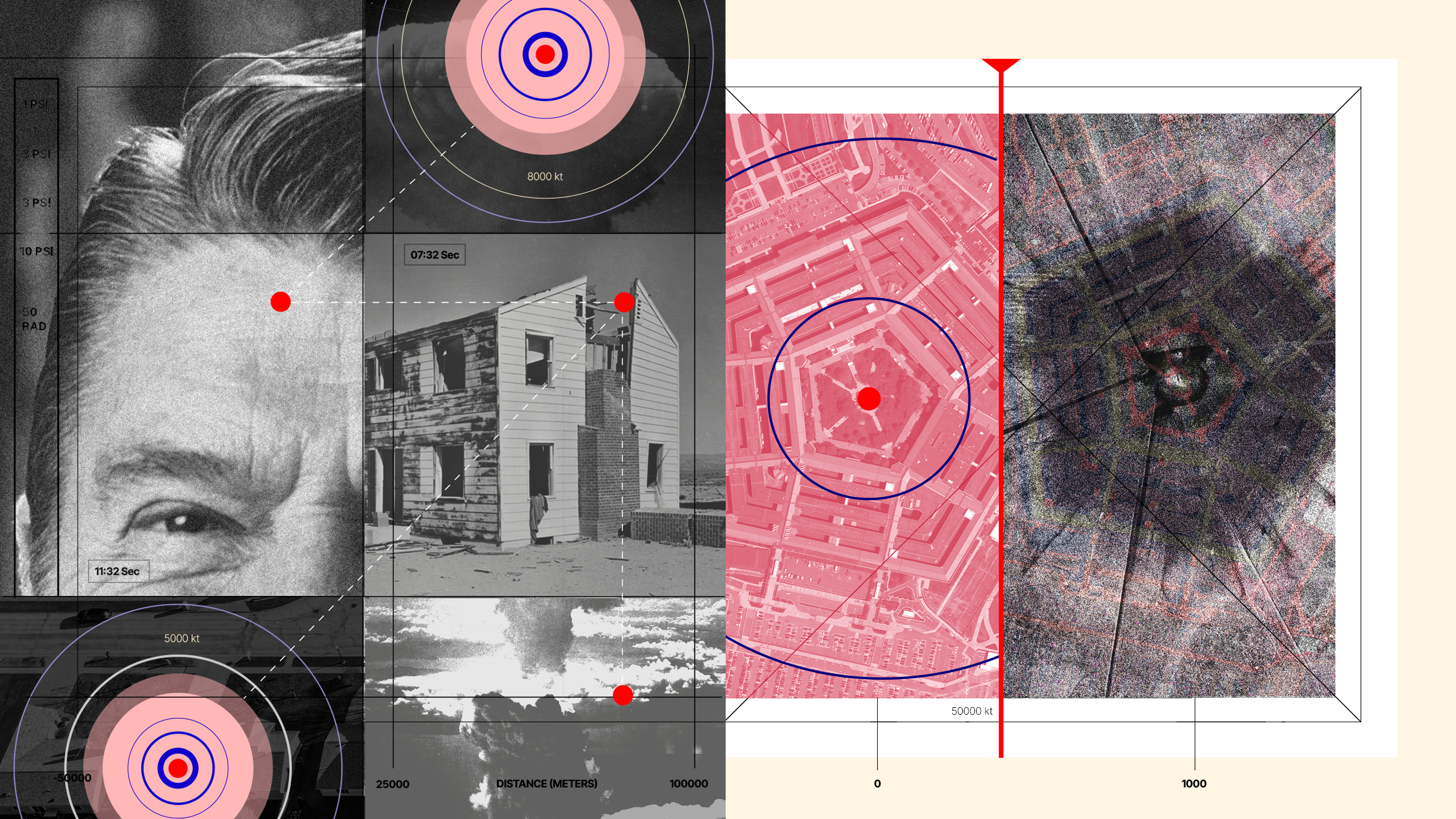Reagan institutionalized democracy promotion and his policies led to the deposition of several dictators, but it took him a while to get there, says James Traub.
Traub: There is an open question to this day among historians as to how much credit Reagan deserves for having brought the Cold War to an end as opposed to purely internal conditions in effect the internal contradictions of the Soviet Union which were [weeding] to a speedy collapse or maybe Reagan gave it a push but not much more than that. If you ask the people who came after him, the Bush [won] foreign policy team, they would say it had much less to do with American rhetorical exhortation and much more to do with the Soviet Union just couldn’t survive anymore. I think what I did say though and what I do say in the book is that Reagan was the first person who tried to institutionalize this idea of democracy promotion. He created institutions that are called The National Democratic Institute, The International Republican Institute. These are connected to each party which worked under an organization called the National Endowment for Democracy. So, this is an attempt to actually institutionalize in private bodies those funded by the government this act of democracy promotions. So, Reagan gets credit for that. The other thing he gets credit for is, but it took him a long time to get there, the recognition that we could not keep supporting these right-wing dictators who are pro-American in their Cold War policy but were despised by their population. And so that happened in South Korea, it happened in the Philippines, it happened in Chile. And in each case, it’s important to say Reagan defended these guys to the last and then finally was persuaded by people its own administration that this was bad for us and bad for them, and then finally we cut them loose and that had a really positive outcome.





